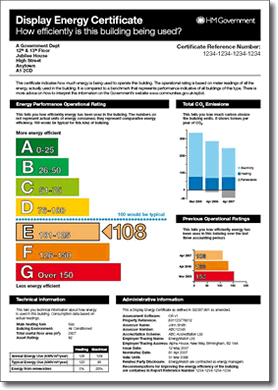It is a nightmare scenario in which the value of your property falls below that of the loans secured on it and it is likely to affect a great number of homeowners in the coming years thanks to the worldwide recession.
In fact, estimates put the number of homes falling into the negative equity zone at over two million by the year 2010, with over quarter of a million having joined the statistics in the last few months.
 What should you do if you find yourself in the negative equity trap?
What should you do if you find yourself in the negative equity trap?
First and foremost, a couple of important points: your mortgage lender wants his money, not your house, hence repossession is very much the final option. The bailiffs will only be despatched to your door as a last resort. Also, house prices fluctuate – what is falling now may be rising in a few years – and negative equity will affect those who have to sell their homes while in the trap. If you can stay put for a while, do so, and you should find yourself climbing out of the zone in time.
Try and reduce the debt
At the first signs of negative equity – and for those who are unsure, this is the point where the market value of your property becomes less than the mortgage secured upon it (and any other loans that may use the property as collateral) – the thing to do is take stock. Investigate ways of cutting the debt – many mortgage lenders will have an option available to pay off a chunk of the mortgage, generally up to ten percent – by using available funds. Of course, you should not consider taking out further loans, but if you happen to have savings then it may be worth using these to reduce the mortgage amount repayable in the first instance.
If paying off some of the loan is not an option you should still contact your lender, and straight away.
Read the rest of this entry »



